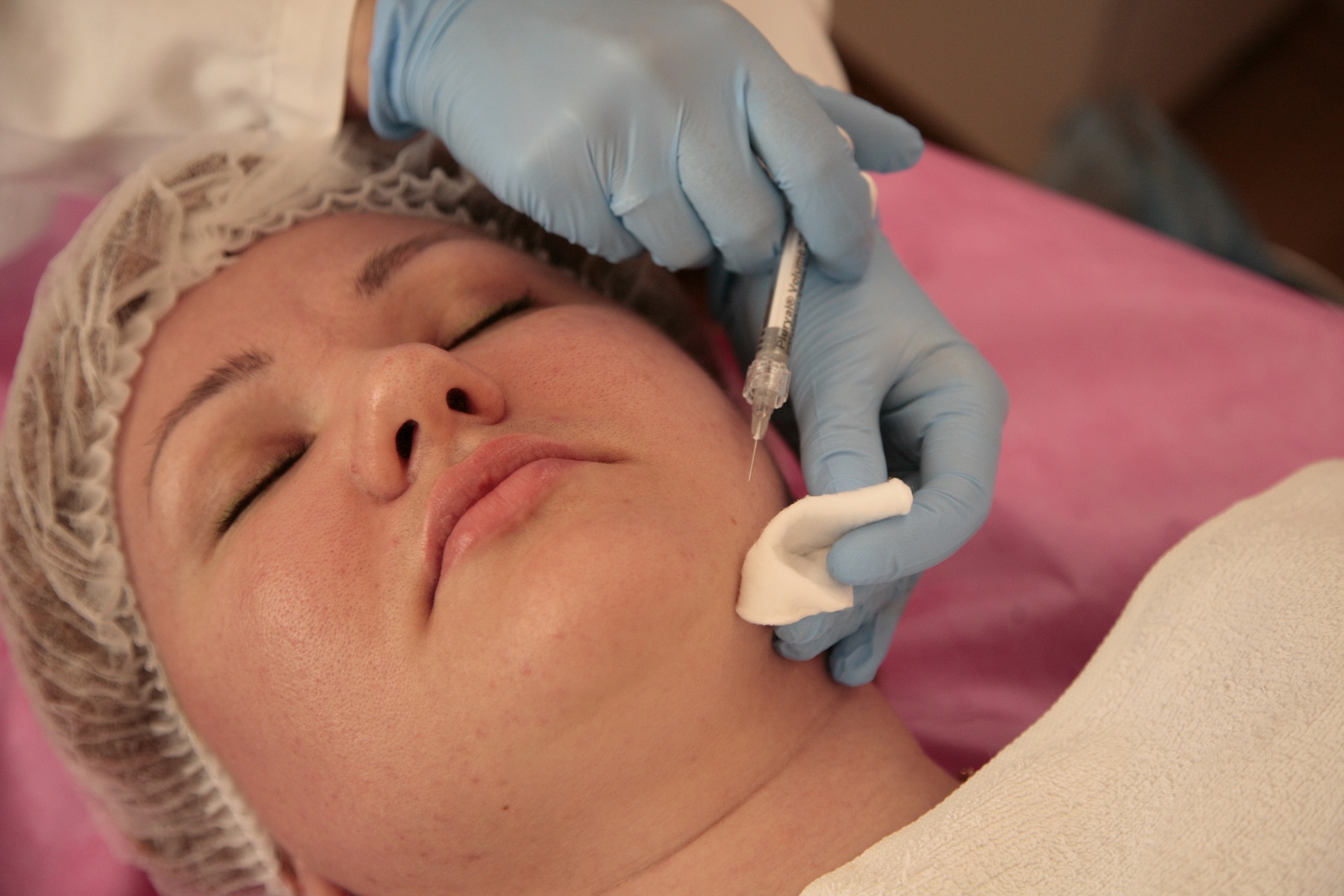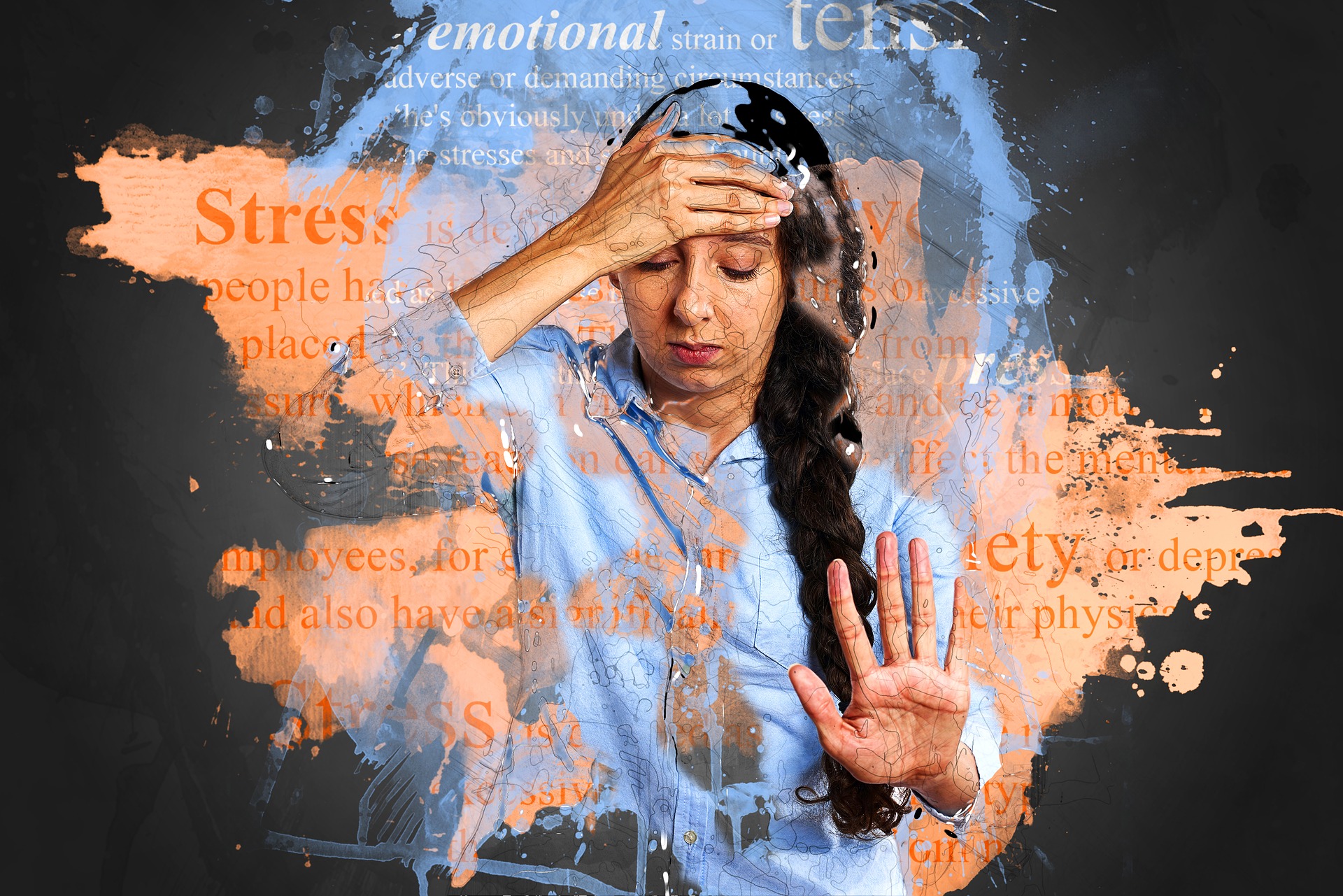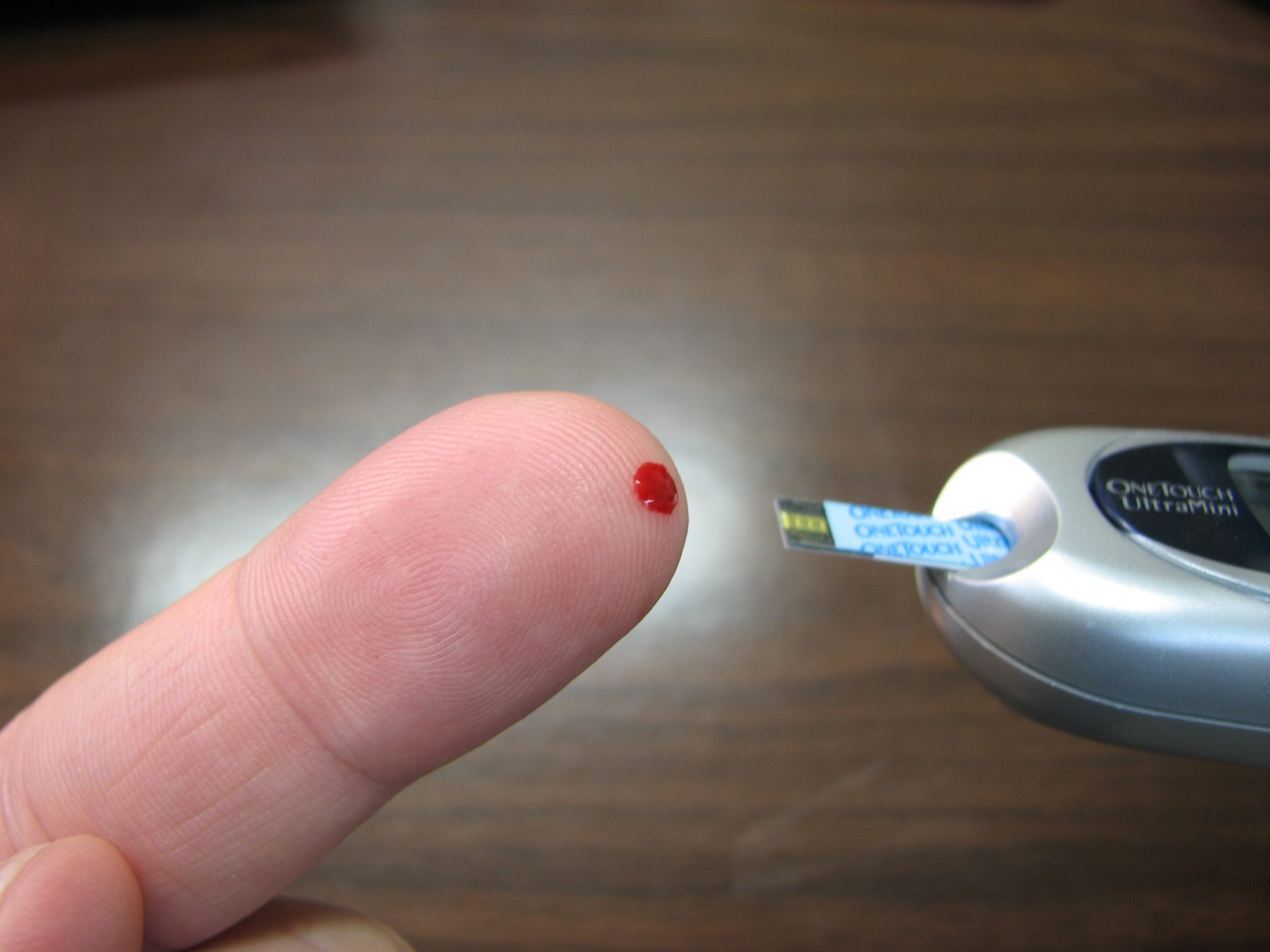A visit to a dermatology clinic may be required for a variety of reasons, from persistent acne to chronic rashes, severe sunburns, suspected skin diseases and appearance of suspicious-looking moles. Alternatively, you may choose to visit a clinic for purely cosmetic reasons such as hair loss and age-related problems. Whichever may be your concern, you need to know what to expect when you visit a skin specialist for the first time. Here are a few things that you should know before your first visit to a dermatologist.
You should not wear makeup when you go for an appointment:
You may be habitual to wearing makeup like concealer and foundation to cover the flaws and imperfections but these are the very reason that you are visiting a skin clinic for. On your end, you should ensure that you arrive with clean skin, preferably without makeup so that the doctor can assess your skin properly.
Even if you do wear your makeup to the clinic, you will probably be asked to remove it for the specialist to get a closer look at your skin. Ideally, you should follow the daily clean and care routine that you normally do and then step in for the appointment in your natural skin.
You will be asked questions about your complete medical history:
To start with, the dermatological appointment will be quite similar to that with a general practitioner because the doctor would want to know your complete medical history first. You will be asked questions related to your medical history, health issues, routine medications, allergies, family history, and current symptoms. It is important to disclose all the facts because several skin issues are not just superficial and may point to underlying causes.
Skin Doctors in Philadelphia recommend that patients get all the facts on paper so that they remember everything that they need to share with the doctor. Also, keep a list of over-the-counter products and cosmetics that you use in the routine. Share information about your daily skin care routine as well.
You will get a full body examination:
If it is your first visit to a dermatologist’s clinic, expect a full body examination even if you are there only for getting a consultation for acne. The doctor would want to check thoroughly for any anomalies and suspicious moles, which could be early symptoms of some major concerns like skin cancer. You will be asked to disrobe and wear a gown so that the doctor can examine you from head to toe.
The dermatologist may use an instrument called dermatoscope, which resembles a magnifying glass, to assess the lesions more closely. Try not to be apprehensive because this is done to detect any skin problems early because timely diagnosis and treatment can make all the difference.
You should have your questions ready:
After answering all the questions related to your medical history, you should have your own questions ready too. If there are specific problems that you experience or suspect an allergy or drug reaction, convey it to the doctor. You may also ask them about the optimal skin care routine that you should follow for your skin type. Check out the insurance-related formalities if you are recommended an expensive procedure.
Be honest and open with your queries as this is your chance to clarify everything with an expert. Concealing concerns and information will not help your treatment. Rest assured that your specialist is the best person to help you overcome even the most embarrassing skin issues.
You will get a prescription if needed:
Once the specialist gets all the information and performs a thorough physical examination, he or she will have a probable diagnosis. Further testing may be recommended in case of any suspicious diagnosis. On the other hand, you may be given a prescription of the dermatologist has a confirmed diagnosis of the condition you are suffering from. Further, there will be some instructions related to medication and general skin care routine.
The doctor may also recommend a revisit after a certain period of time to assess the condition after completing a course of medication. Ask for scheduling a re-appointment for the next date if possible or understand the procedure for the same if you need to book from home.
Knowing what to expect right at your first appointment with your skin doctor will go a long way in making it a success. It will help you ask the right questions and give the right answers, which ensures the best possible treatment and fast and effective results for even the most complex problems.
Read Also:






















